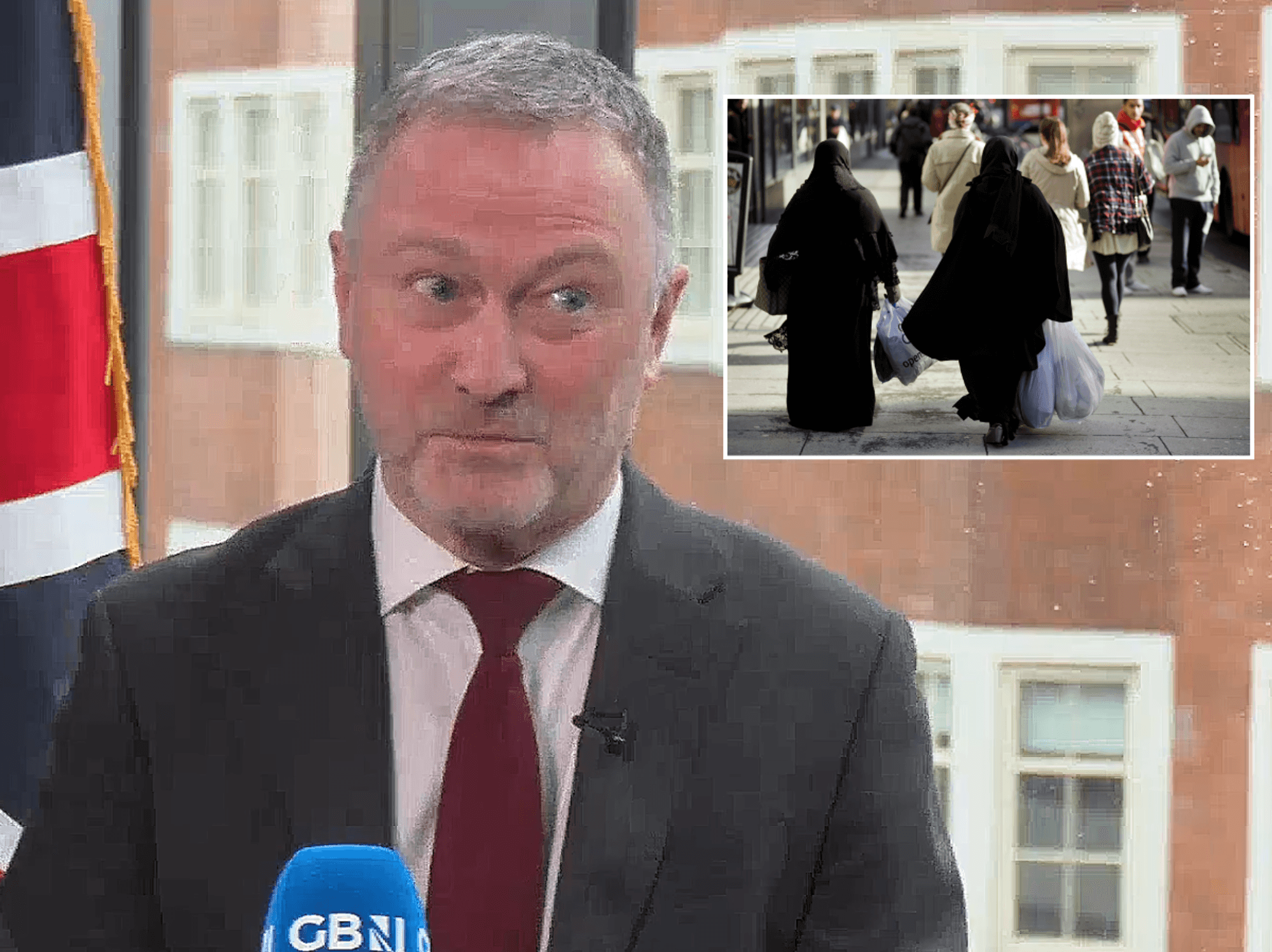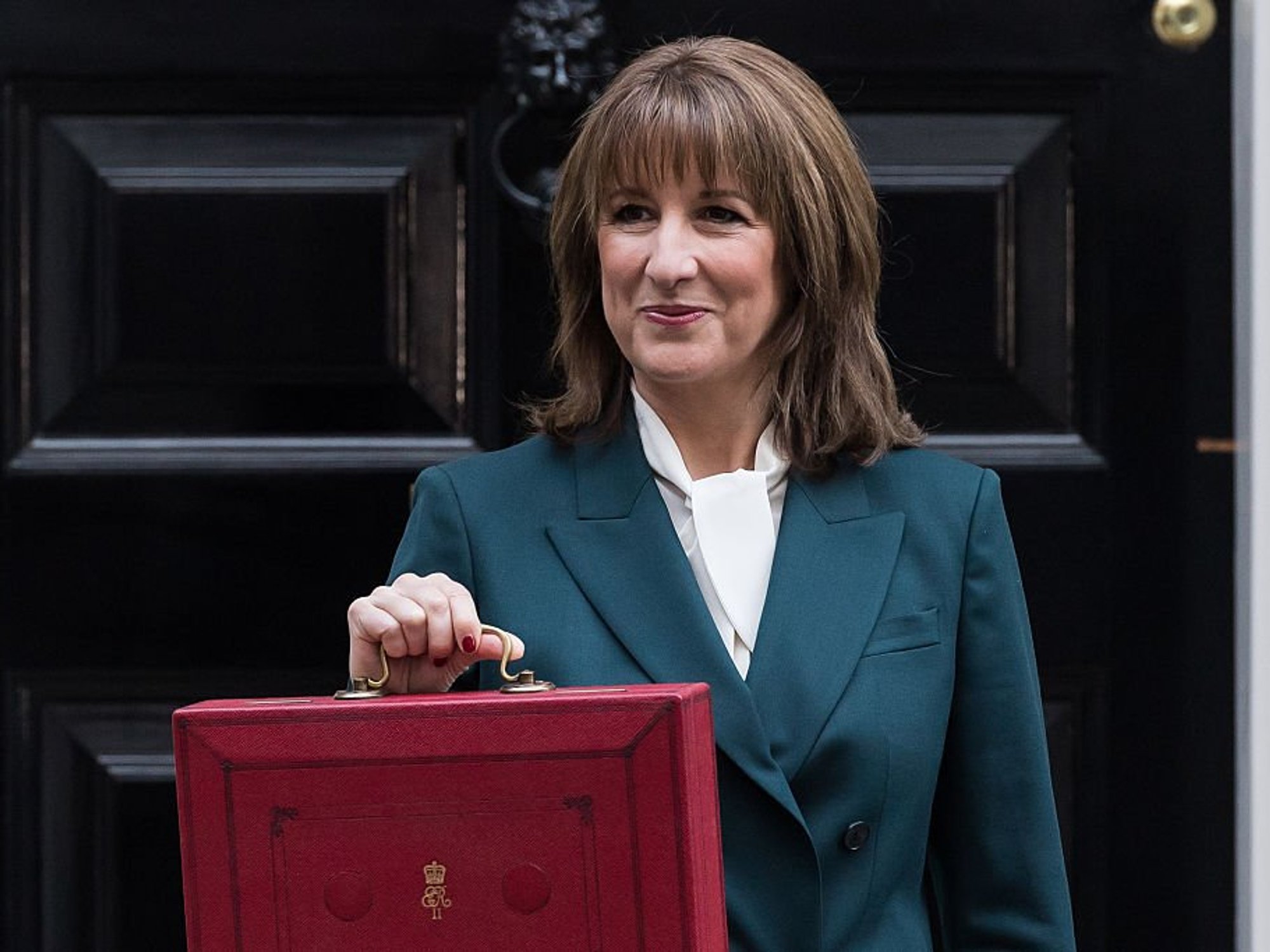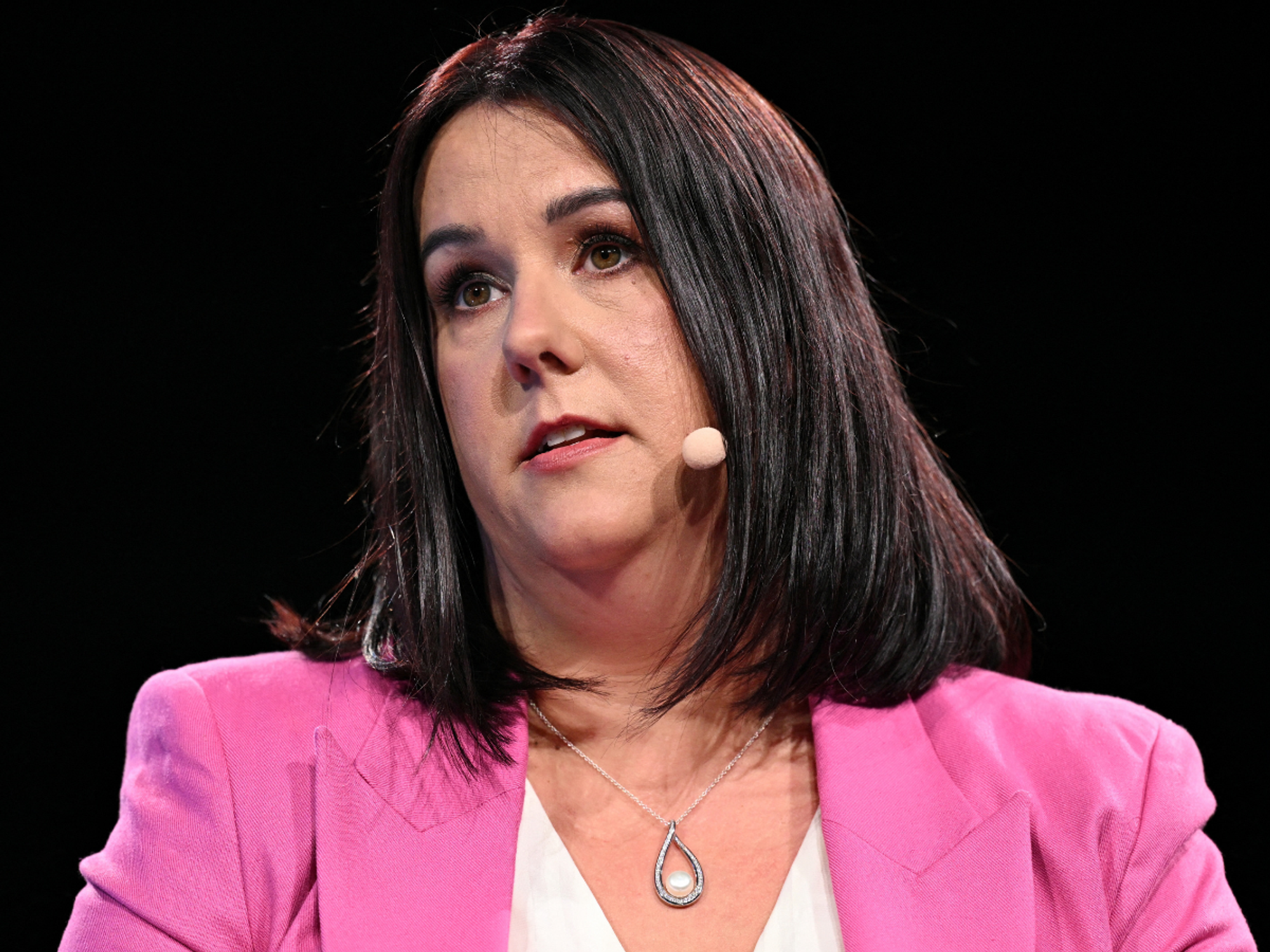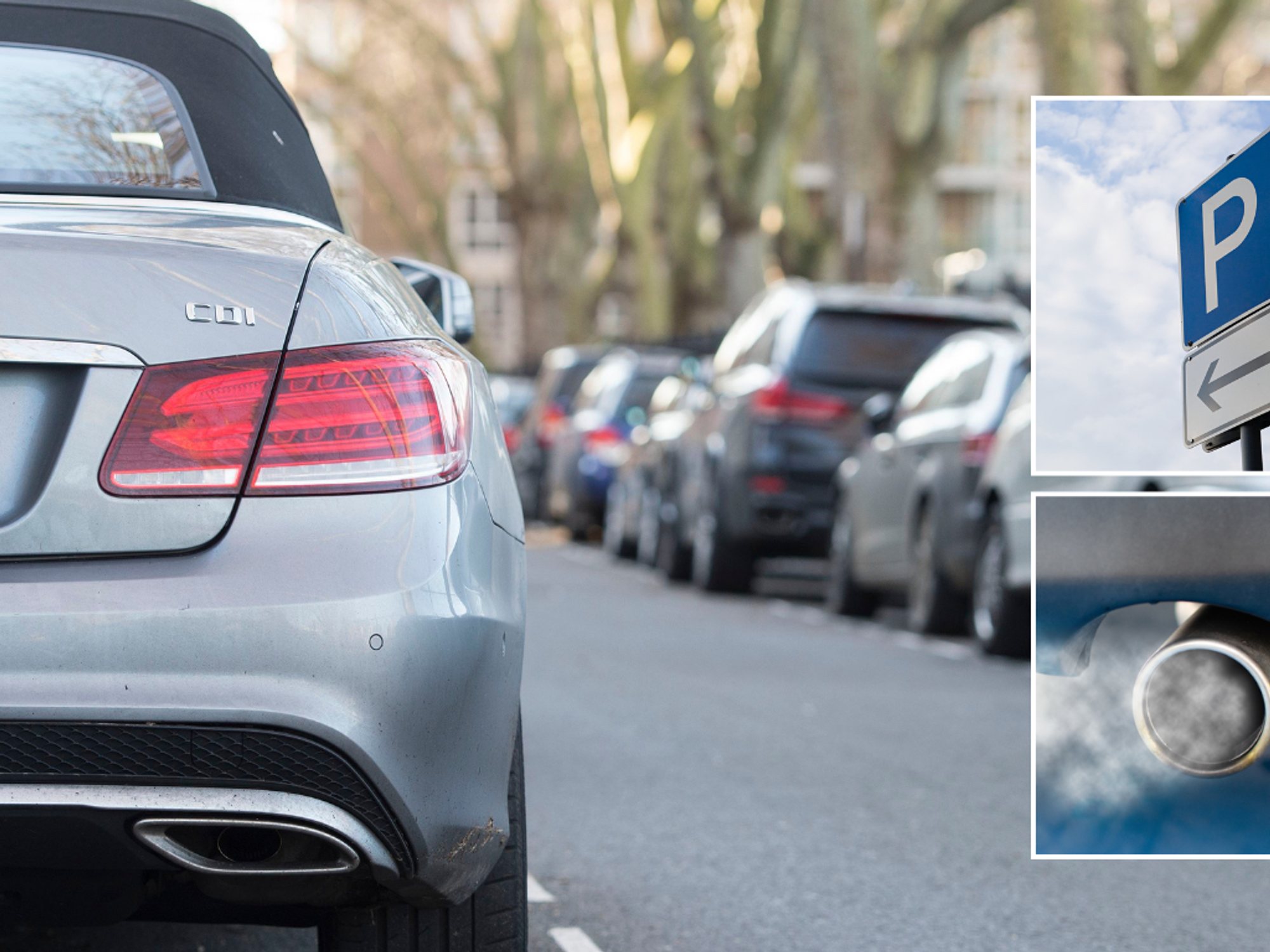Bird flu zone declared across UK to stop disease spreading
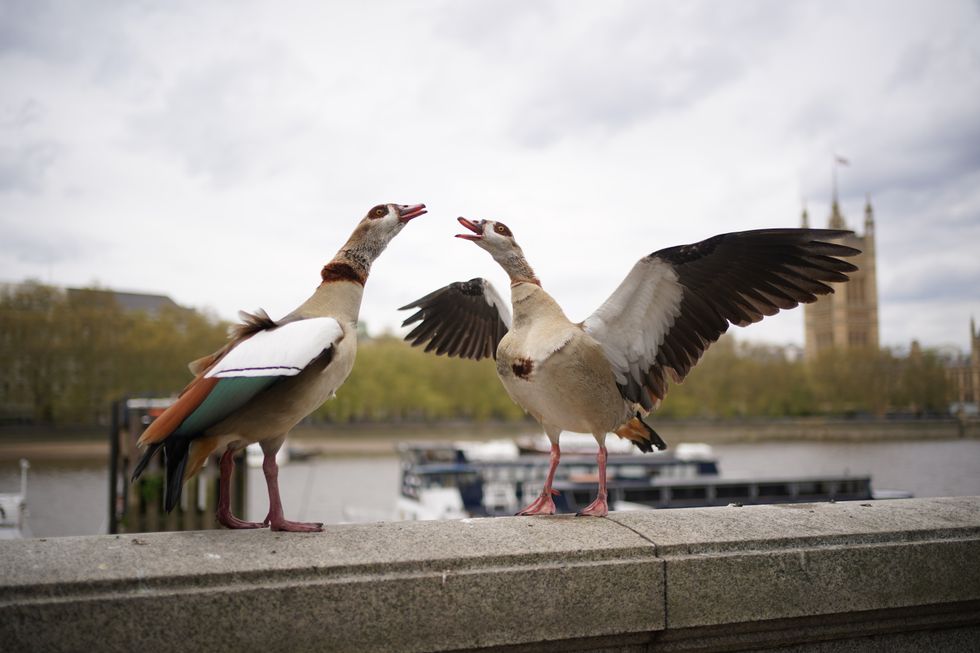
A pair of Canada geese on the side of the Thames in London | Yui Mok
Keepers with more than 500 birds will need to restrict access for non-essential people on their sites
Don't Miss
Most Read
A bird flu prevention zone has been declared across Britain to try and stop the disease spreading among poultry and other birds.
The chief veterinary officers of Wales, England and Scotland have declared that it will be a legal requirement for all bird keepers in Great Britain to follow strict biosecurity measures to help protect their flocks.
In a joint statement, the chief veterinary officers said: “Following a number of detections of avian influenza in wild birds across Great Britain we have declared an Avian Influenza Prevention Zone (AIPZ ) across the whole of Great Britain.
“This means that all bird keepers must take action now to prevent the disease spreading to poultry and other domestic birds.”
Keepers with more than 500 birds will need to restrict access for non-essential people on their sites, and workers will have to change their clothing and footwear before entering bird enclosures.
All site vehicles must also be cleaned and disinfected regularly to limit the risk of the disease spreading.
The chief veterinary officers said: “Whether you keep just a few birds or thousands, you are now legally required to introduce higher biosecurity standards on your farm or small holding.
“It is in your interests to do so in order to protect your birds from this highly infectious disease.”
Avian influenza circulates naturally in wild birds who migrate to the UK from mainland Europe over the winter where the disease can spread to poultry and other captive birds.
Owners with smaller numbers of poultry – including chickens, ducks and geese – are also being told to take steps to limit the risk of the disease spreading to their animals.
UK agencies have stated that the risk to public health from the virus is very low.
Food standards agencies also say that avian influenzas pose a very low safety risk for UK consumers.
They add that properly cooked poultry and poultry products – including eggs – are safe to eat.
The imposition of the AIPZ zone comes after the risk level for an avian influenza outbreak in wild birds in Britain was raised from “medium” to “high”.
The risk level for poultry and captive birds has been raised from “low” to “medium” at premises where biosecurity is below the required standards, but remains “low” where stringent biosecurity measures are applied.
The chief veterinary officers said the order does not yet include a requirement for birds to be housed, but this is being kept under constant review.
They warn the need for mandatory housing in the AIPZ may arise and say that any further control measures will be based on the latest scientific evidence and veterinary advice.





